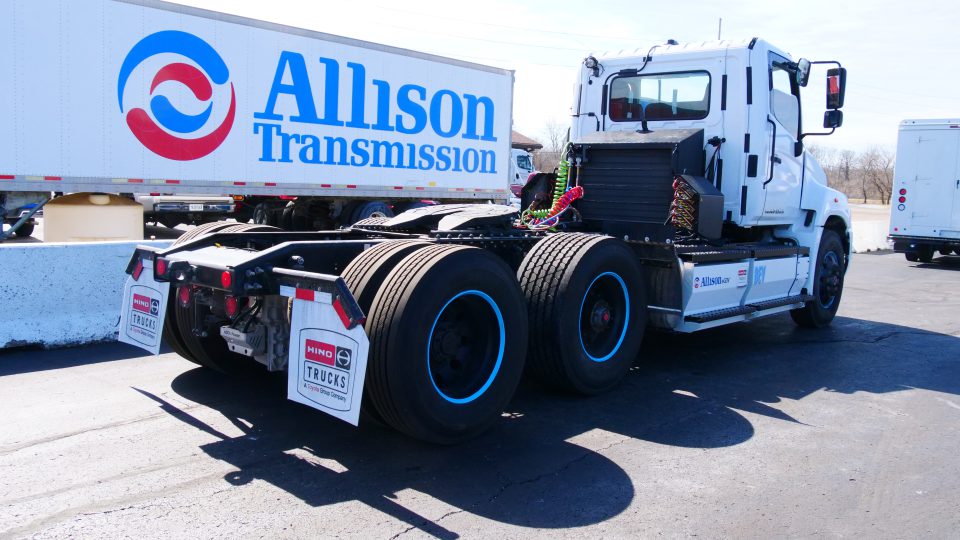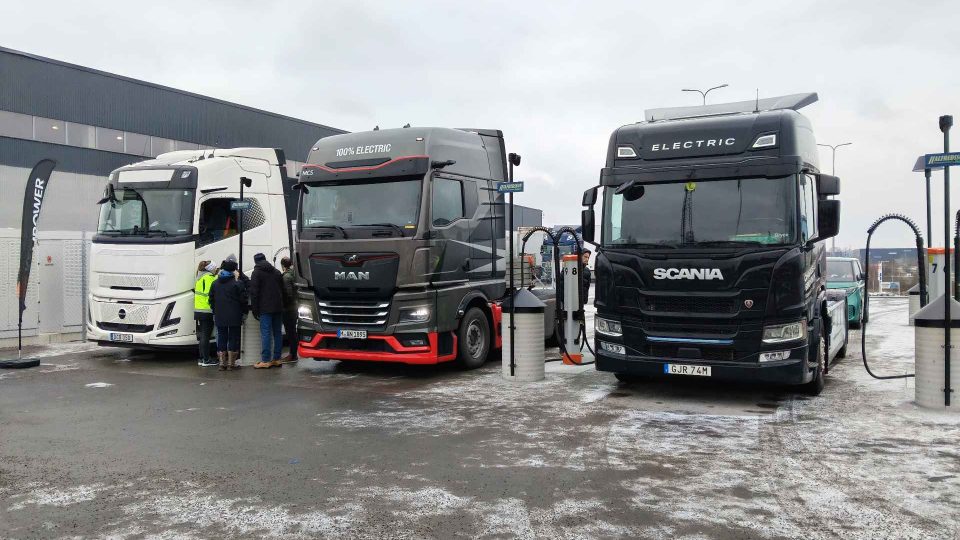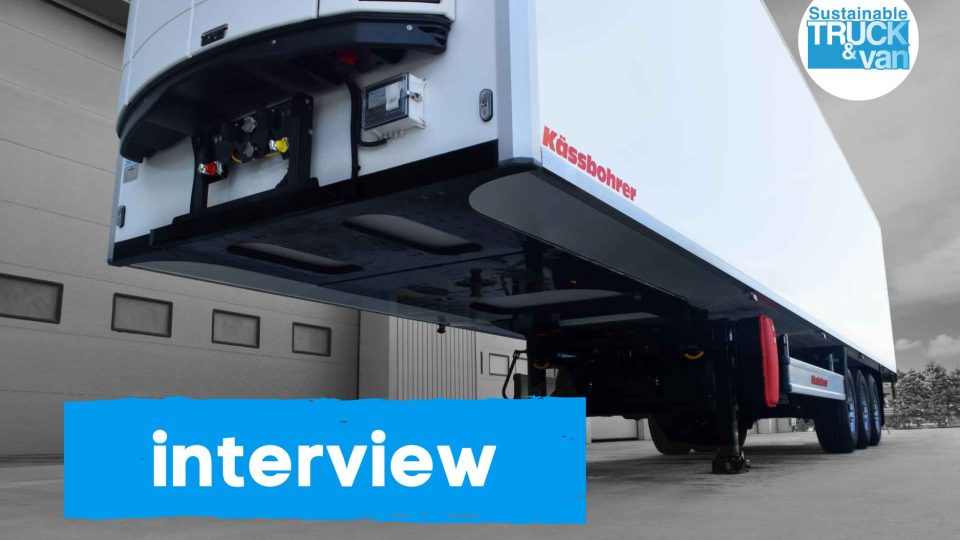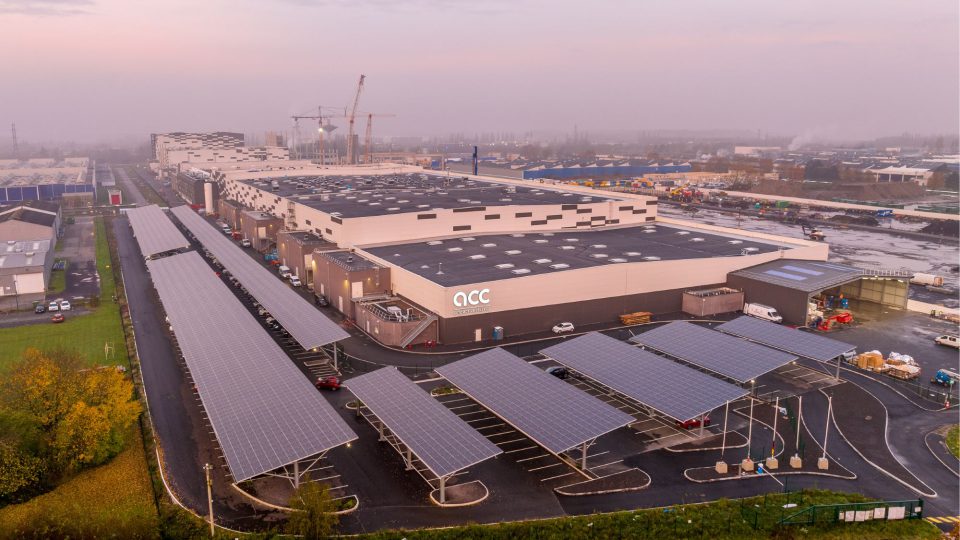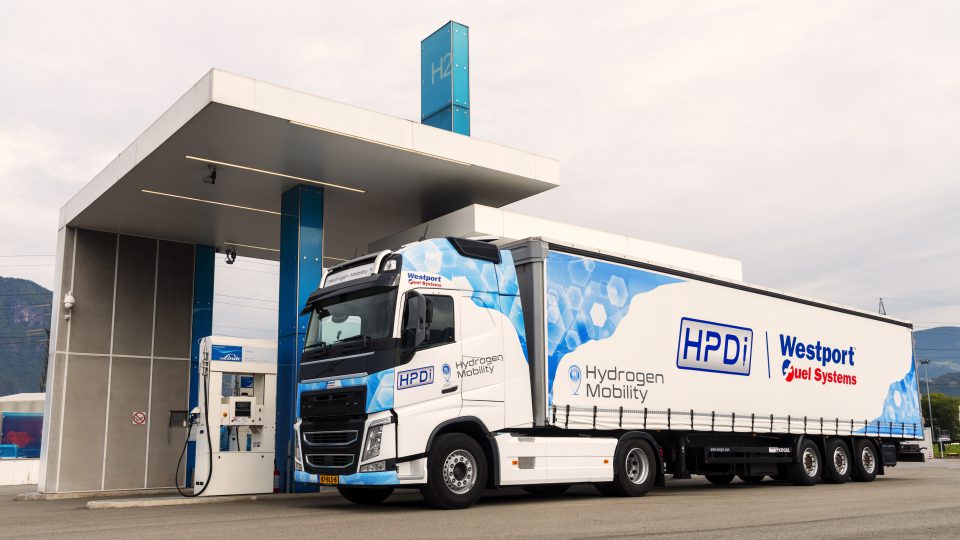Japan, CJPT expels Hino due to certification testing misconduct
"As the parent company and a shareholder of Hino, we are extremely disappointed with the company's misconduct in relation to the certification testing, which has greatly undermined the trust of our customers and all other stakeholders", stated Akio Toyoda.
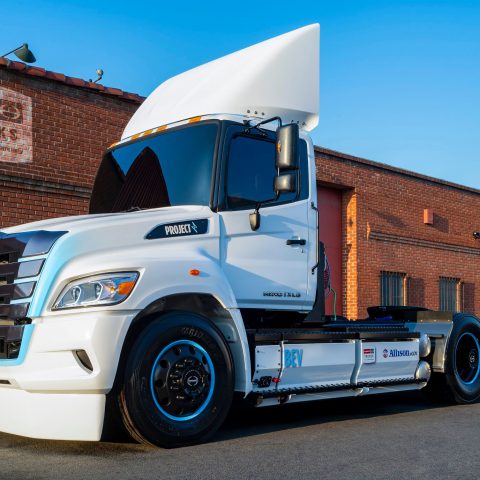
Commercial Japan Partnership Technologies Corporation (CJPT) has decided to expel Hino Motors in light of Hino’s misconduct concerning certification testing. Akio Toyoda, President of Toyota Motor Corporation (Toyota), suggested that the misconduct committed by Hino is incompatible with CJPT’s aspirations and goals and that the continued inclusion of Hino in activities will not gain the understanding of its customers and the public. With this suggestion taken into consideration, the decision was made after discussion within CJPT.
Potrebbe interessarti
Allison eGen Power axle on Hino heavy-duty trucks: tests are about to begin
Certification misconduct: Akio Toyoda explains why Hino was expelled
“As the parent company and a shareholder of Hino, we are extremely disappointed with the company’s misconduct in relation to the certification testing, which has greatly undermined the trust of our customers and all other stakeholders”, stated Akio Toyoda. “Hino has committed misconduct in engine certification for a long period of time, and the company is in a situation where it is not to be recognized as one of the 5.5 million individuals in the Japanese automotive industry. CJPT is a project to build the future together, based on Japan’s CASE technology. As of now, we believe that Hino’s participation will cause inconvenience to stakeholders, and we have decided that it is appropriate to expel Hino from CJPT”.
Specifically, Hino will be excluded from all agreements, including the joint planning agreement, and Hino’s equity stake (10%) in CJPT will be transferred to Toyota.



